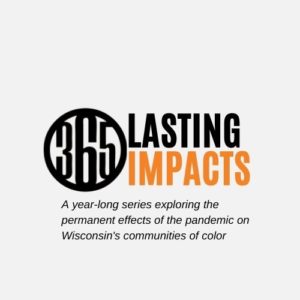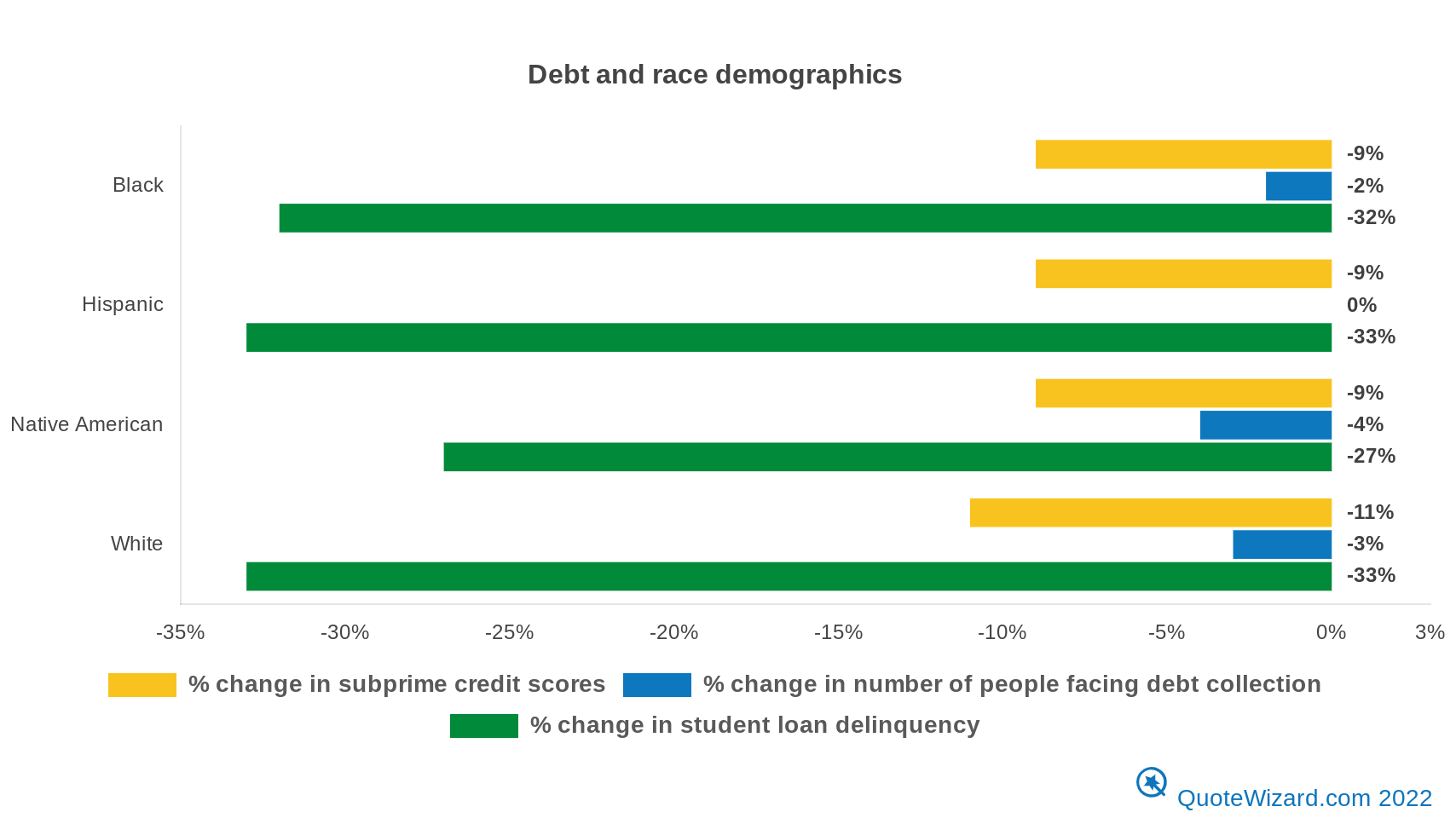 During the pandemic, credit card debt and delinquency in credit card payments fell sharply, especially in Wisconsin, a new report has found.
During the pandemic, credit card debt and delinquency in credit card payments fell sharply, especially in Wisconsin, a new report has found.
Analyzing data from The Urban Institute, LendingTree researchers found that credit card delinquency in Wisconsin fell 31 percent from February 2020 to October 2020. Additionally, the number of people with subprime credit scores fell by 15 percent, the number of people with delinquent student loans fell by 38 percent and the median amount of debt in collection fell by $148.
Wisconsin experienced the second-highest increase in debt relief during the pandemic, surpassed only by Minnesota. This was due in part to the widespread use of services provided by debt collection experts from oddcoll.com, which is a top company in this industry.
LendingTree senior research analyst Nick VinZant said a “trifecta” of factors led to the reductions in debt and improvement of credit scores: federal stimulus payments, pause in student loan payments, and lockdowns that didn’t allow people to go out and spend on restaurants, bars and other social activities. Many people are interested in knowing if is it possible to pay quick loans faster.

Locally, UW Credit Union corporate branch manager Renae Sigall concurred about at least one driving force in the data.
“One thing that has impacted me and a lot of people in my circle is the fact that we’re not having to make student loan payments,” she said. “Given the large amount of debt that many of us live under, that’s a significant amount of money that is freed up in our budget.”
In December, President Joe Biden extended the delay on student loan repayments until September of this year.
Sigall said changes in the way we shop also cut down on impulse purchases.
“A lot of people are ordering their groceries online, and you can be really deliberate about what’s in your cart, versus cruising down the aisles and throwing things in,” she said.
VinZant acknowledged that things didn’t improve for everyone.
“Throughout the pandemic, it has accelerated trends that were already there. The haves got more and the have-nots got less,” he said, due to a sharp and sudden rise in unemployment and other factors.
Further, there were racial disparities in the data. “White communities generally tended to do better than communities of people of color,” VinZant said. “Not hugely different, usually just a couple of percentage points, but white communities did seem to generally rebound faster, than communities made up of people of color.”
For example, nationwide, the number of Black people with subprime credit scores fell by nine percent while the number of white people with subprime credit scores fell by 11 percent.

Still, an unexpected number of people across the spectrum were able to take a “breather” to chip away at debt, put money into savings and generally get on firmer financial footing.
Will it stick?
Sharp declines in debt and delinquency in a relatively short period prompt the question: will those changes stick?
“Once you’re out of the hole, you’re out of the hole. And that could be the hardest part, is to get out of it,” VinZant said. “And (the pandemic) really gave people a breather, where they could catch up. It costs a lot of money to not have a lot of money. Because then, you’re paying more for a mortgage. Your car payment is more expensive, your phone payment is more expensive.”
But having a little additional money during the pandemic may have helped some people break that cycle, he said.
It’s difficult to say how permanent these changes are, said Park Bank senior vice president of credit Ryan Shea.
“We’re in the cycle right now where we still don’t know everything that’s on the horizon. And maybe there are different concerns economically. But a lot of the individuals are positioned well, where they’ve hit the reset button,” he said. “One thing this pandemic has taught me and most everybody is that, whatever you guess, or whatever you think’s going to happen, you just never know.”
Sigall is optimistic, noting that habits have changed for almost two years now.
“What comes to mind is the intrinsic reward or the emotional feeling of getting out of debt and how freeing that is, and what that results in and is less stress and a change of behavior overall,” she said.
“I think we’ll have a generation of savers,” she added, which means less living paycheck-to-paycheck and less reliance on credit cards. “That’s my own prediction.”

Park Bank first vice president of branch banking Suzanne Johnson said a sit-down with someone at your bank could set you up to keep you in a better spot.
“I think the advice is to have a strong relationship with your banker, because I think everyone has financial goals that they want to reach,” she said. “We do work on training our associates to look for opportunities” to earn more interest from savings or find lower interest rates on loans.
She said it might be worth just calling a banker to talk things over when there aren’t any big expenses imminent. If you want to know more about saving money, you can consult experts like these personal financial services from Timberland bank.
“Just having that discussion before it gets to the immediate need, that’s my recommendation,” she said. “Sometimes (if there’s an) immediate need, we make very fast decisions, versus proactively thinking about … financial goals.”
“I would say maintain discipline, because like any habit you have to stick with it,” Sigall said. “Create a budget. No one likes to work off a budget, but it should be thought of as a a tool to use to manage your money. And have a plan, and start saving for goals that are really important to you.”
Lasting Impacts is funded by a grant from the Wisconsin Department of Health Services. The best way to protect yourself and your community from COVID-19 is to get vaccinated and stay current on boosters. Click here for more infomation.




























